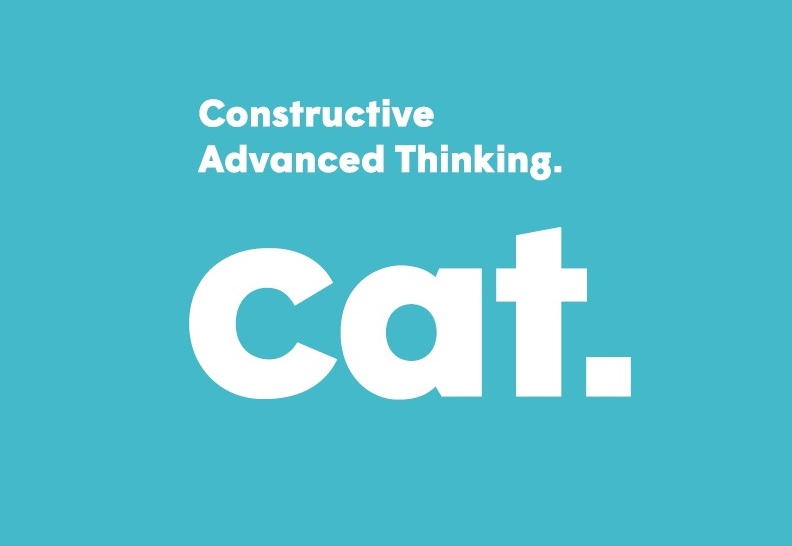Heba Taha
Heba Taha is Associate Senior Lecturer at the Department of Political Science and the Center for Advanced Middle Eastern Studies at Lund University. Her research deals with intersections of political economy, technology, and war in the modern Middle East, particularly in Palestine/Israel and Egypt.
She joins the Paris IAS in October 2024 for a group research stay as part of the CAT collaborative program, working with researchers Lyndon Burford, Kjølv Egeland, Tom Vaughan, and Jana Wattenberg.

Research Interests
Nuclear politics, Nuclear Histories, Disarmament, Political Economy, Development, Technology, Security and Insecurity, Militarism, International Relations from below
Theories of Change and Nuclear Disarmament
(Collaborative project, awarded a NetIAS Constructive Advanced Thinking grant, 2021-2024)
Key Publications
Taha, Hebatalla. Atomic aesthetics: gender, visualization and popular culture in Egypt. International Affairs 98: 4 (2022), 1169-1187.
Taha, Hebatalla. Hiroshima in Egypt: interpretations and imaginations of the atomic age. Third World Quarterly 43: 6 (2022), 1460-1477.
Taha, Hebatalla. Everyday nuclear histories and futures in the Middle East, 1945–1948. Cambridge Review of International Affairs, early view, https://doi.org/10.1080/09557571.2023.2275611.
|
|
|
|
|
|
